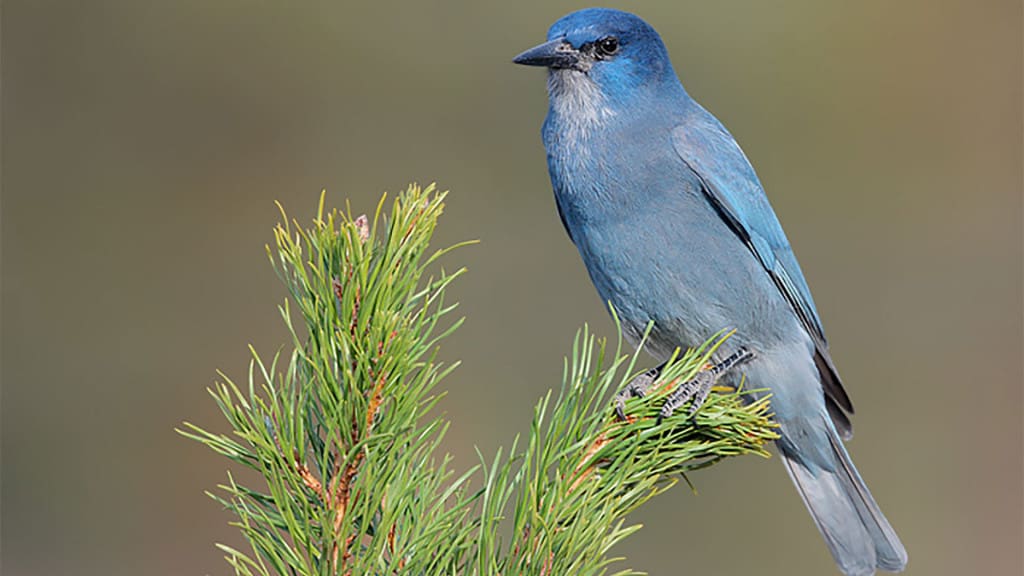
Birds are More Generous When They are Given the ‘Love Hormone’
Dr Juan Duque, a neuroscientist at the University of Nebraska-Lincoln, conducted a study to see what the effects of the love hormone oxytocin has on birds. Oxytocin is a chemical found in the human brain that regulates behaviors such as bonding, empathy and orgasms. Oxytocin is present in all mammals, however birds also have their own version – mesotocin.
“Oxytocin is what we call this hormone in mammals, however, the hormone itself is evolutionary ancient and found in animals that are only very distantly related to mammals,” Dr Juan Duque said, adding “we call this hormone ‘mesotocin’ in birds, but this is essentially avian oxytocin.”
Duque’s study involved administering this love hormone to Pinyon jays – found on the western-side of the United States, and are known to voluntarily share their food with other pinyon jays. The study involved dosing pinyon jays with mesotocin to see if it plays a role in social behavior. Jays were given mealworms and had the option to feed themselves or share the mealworms with jays in neighboring cages.
When the researchers gave the birds a dose of mesotocin via their noses, they were more willing to share their food. Upon discovering that mesotocin does in fact play a role in the behavior of birds, researchers were left asking why pinyon jays are this generous in the first place.
One possibility is that food sharing and other prosocial behaviours are tied to social bonds – formation of new bonds as well as maintenance of pre-existing ones,” said Dr Duque. “Thus, pinyon jays might use various prosocial behaviours as an affiliate behaviour; a way to increase their social connections.”



